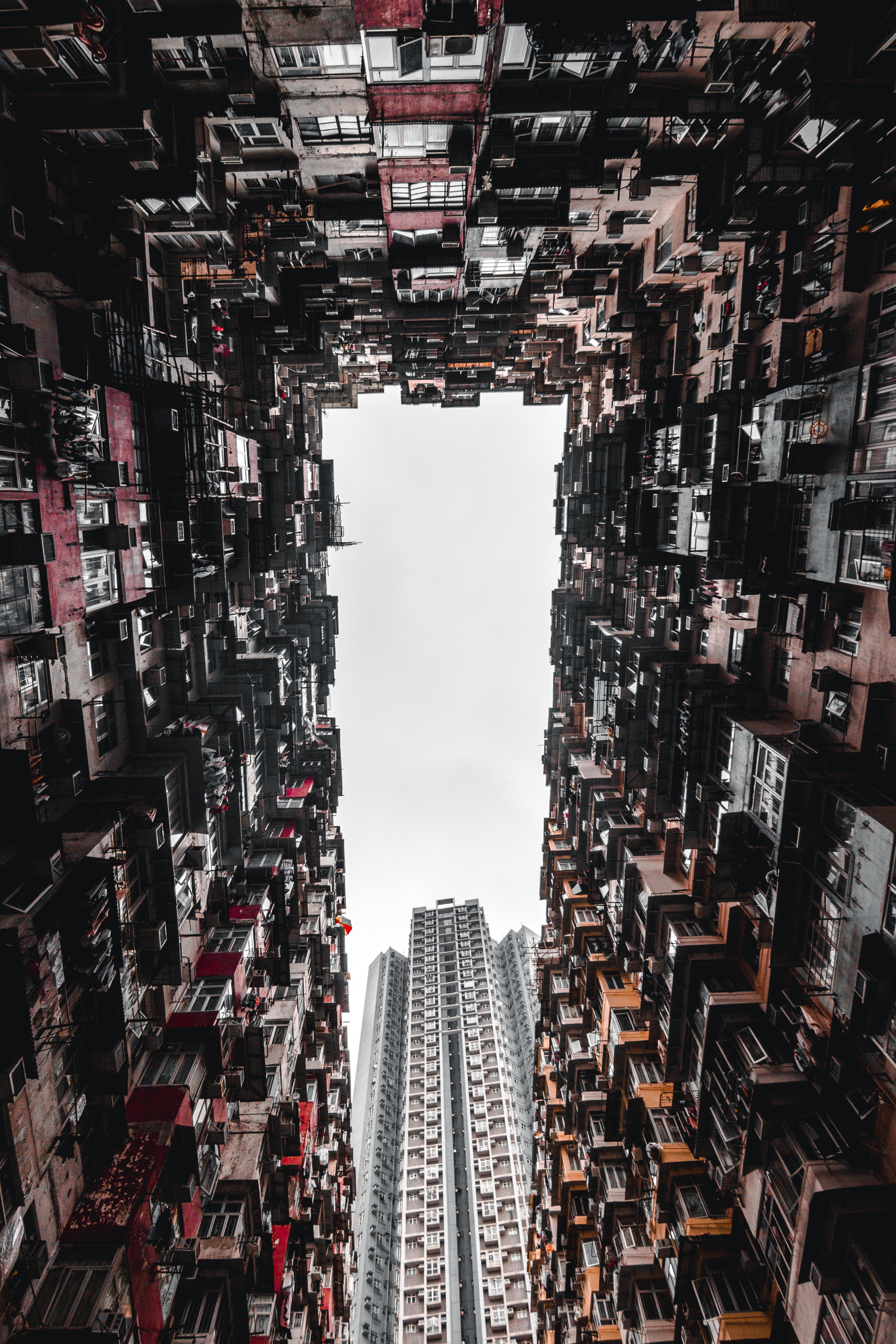Confirming the launch of the leading as well as in all probability the most contested African hydro-electrical complex, the Ethiopian Prime Minister Abuy Ahmed made the announcement,” Without bothering and hurting anyone else; we have completed the first dam filling.” For Ethiopia, this is a democracy issue mainly revolving around two levels, political and economic.
The economic aspect mainly revolves around the electricity it will produce. Situated on the Blue Nile river, which is the Nile’s primary watercourse, the dam will assure all of Ethiopia’s electrical needs even when half the country is currently living without it. The World Bank estimates that it will produce a maximum output of 6.45GW, supporting the overall economy and allowing Ethiopia to sell its electrical energy to its neighbors during the monsoons. It can be said GERD has very deep-rooted national support as it cost 4.8 billion dollars, of which a healthy part was acquired from public help, and so aside from the Government, the people have strong ties with it. The facility has often been portrayed as the “Pride of Ethiopia.”
KSA, Beijing, Ankara Washington have brought billions of dollars in investment in education, ports, airports, rail, electric infrastructure, and agriculture. But all this comes with a price, in case the US and China are military bases with non-investors such as Japan, France, and Italy establishing bases for a price as they have no other stakes, unlike China and the US.
China mainly adheres to purely financial debt for control, unlike the US, as described by John Perkins in his books, at times makes use of “Jackals” if the country is reluctant. For a layman, jackals is a euphemism for covert/espionage operations. Where there is economy/money involved, especially that of foreign actors, there is also politics. Even GERD is just another target of social control for these powers. Ethiopia will not be an easy target since, according to a famous political scientist from Cambridge, Christopher Clapham is the only “non-colonial” region of Africa. Unlike its neighbors, it will not be passive but active and pit the players against other players and watch the game from far away, and only when the winning side is identified will lean towards it. All in all, a tough long term game for foreign powers.
“A bad 20th century” is what Ethiopia had, according to Murithi Mutiga of Crisis Group. Its decline started under the communist influence of the Marxist Derg regime, which executed it by overthrowing Emperor Haile Selassie in 1974. The famines of the mid-1980s were among the final nail in the coffin, which granted Ethiopia the label of ‘failed African state”.
Although after the overthrow, Ethiopia’s economy has seen a constant, some 10% annual growth for the past 20 good years. This resulted in its transition from the world’s poorest state to a country hoping to reach middle-income status by 2025, which 75% of the countries hold, so not exactly reaching heights but admirable at least given its history and the same underlying issues, mainly political it had before the overthrow. And so, the mega-dam financed mainly by its locals is a symbol of the Ethiopian renaissance.
Even though the growth of this country was enjoyable, it never saw good steady progress. After Ethiopia escaped from Derg’s claws, the country lost its coastal area after Eritrea’s breakaway. In the same year, Somalia, its neighbor, a country shrouded in the nomadic and tribal way of life and refusing to accept modern democracy, fell prey to decades of bloodshed after the dictatorship of Siad Barre fell to the revolution of Mohammad Farah Adid.
The Horn has always attracted foreign powers due to its strategic location near the Red Seas, which controls the Canal, and whoever controls the Canal controls almost every action taking place in the world. China poured billions of dollars in Ethiopia, knowing well enough about its lack of material resources. From the military point of view, it established a base in its neighboring country Djibouti to ensure its dominance and the first foothold against Americans and Brits and their other allies. Acknowledging the loss of coastline, China built a minimalist railway between Djibouti’s base to Addis Ababa. It could be argued China saw its benefit in terms of establishing a supply line. Though the Chinese are not alone. The commercial center of Djibouti, formerly being French Somaliland, is situated on the Strait of Bab el-Mandeb. A checkpoint separating the Gulf of Aden from the Red Sea is home to Japan, the US, Italy, and France.
Meanwhile, the coastline sees a quiet cold war-like situation between Ethiopia itself, Turkey, UAE, and Qatar.
Aside from the external factors, internal influences mainly major political change after years of turmoil saw Abiy Ahmed become prime minister in 2018 and promising modern democracy, a more dynamic economy, and peace talks with Eritrea. This also proved beneficial for the US as they saw this as a chance to contain and possibly extinguish Chinese influence from Addis Ababa. But the US involvement will see American influences alone and its allies, such as Demands by KSA and Egypt for the US to mediate and force a treaty for water-sharing.
Toward August’s finish, the three nations stay steadfast and report they still don’t change their decision. On the other hand, time is running out as the first dam’s filling is almost completed.
PM Abiy has made promises to help this chaotic country, but the question remains, will they be able to do it? Decades of turmoil, and upcoming challenges of the election were postponed due to Covid-19, external pressure for the GERD. These are the tasks he has that will determine his position as a ruler, and if he bows down to pressure, the country will go back to the old ways. No matter the external influences, the Horn doesn’t care about the outsiders but only bows to strong local rulers.




